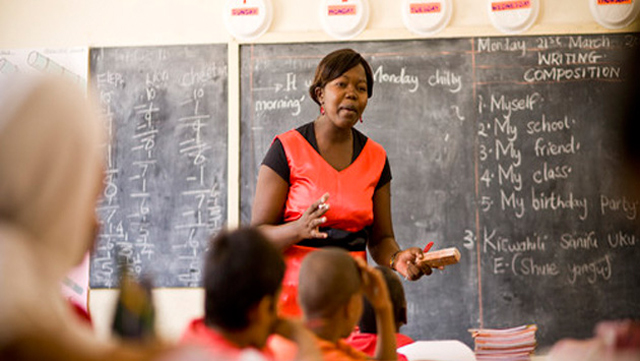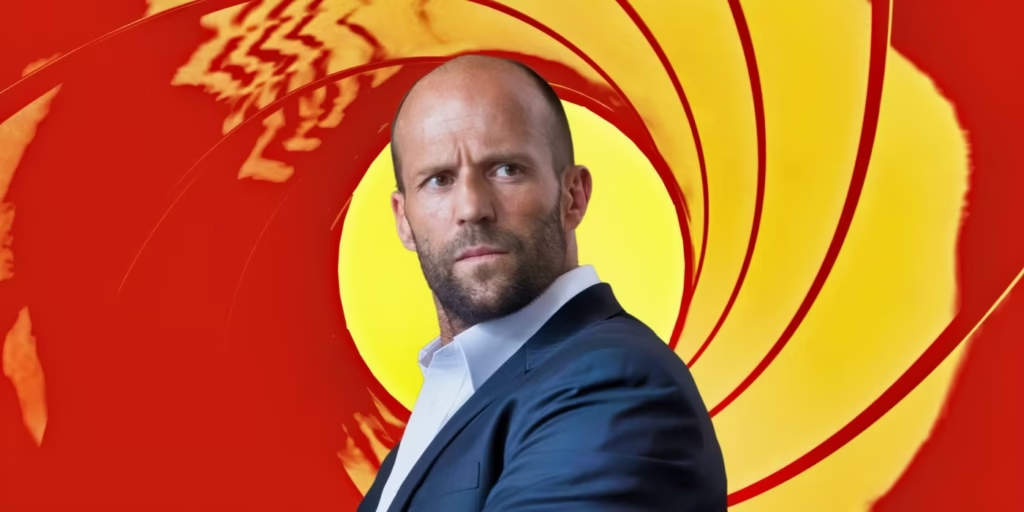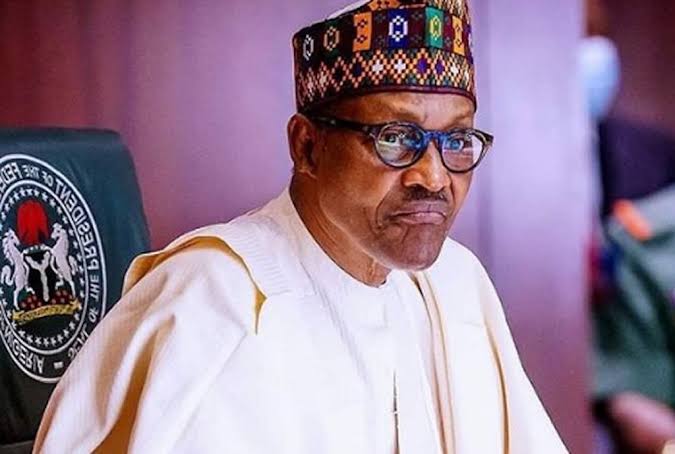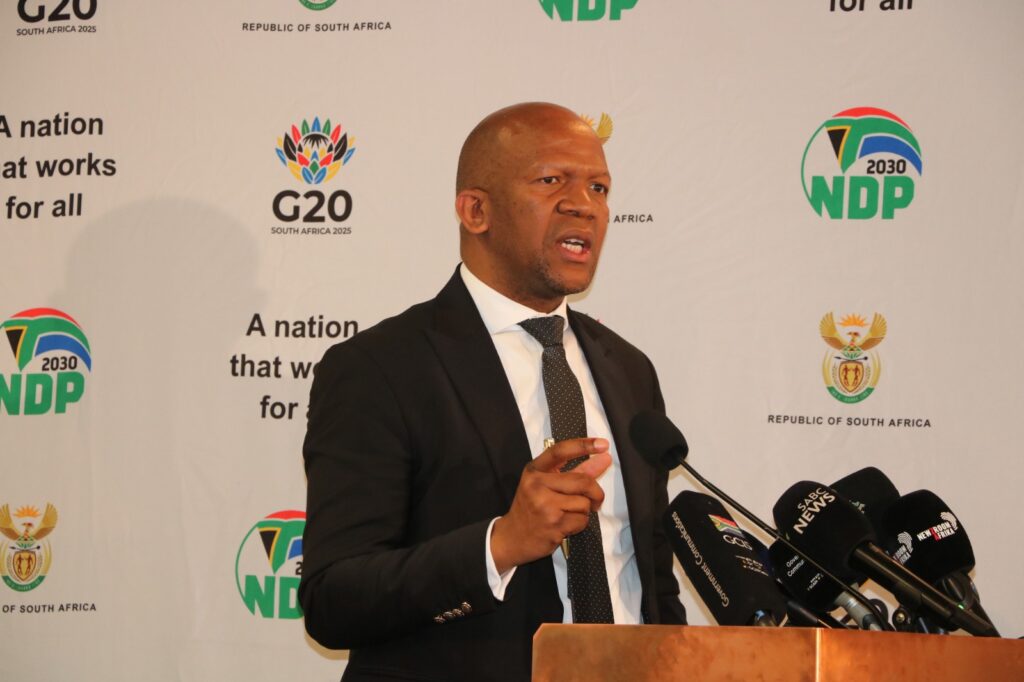Revised 2020 Budget: Education and other concerns

By Jerome-Mario Utomi
Adversity comes in many forms-acute, cyclical, long-term, and systemic. It sometimes affects individuals or single firms; other times it cuts across a wide swath of entities. However, its pathology is consistent: Adversity constrains a key resource, which then depresses demand, supply, or both. That gives rise to unmet needs and releases other resources that become redundant.
Unarguably, the above words by Bhaskar Chakravorti, a distinguished scholar at MIT’s Legatum center for Development and Entrepreneurship, made a whole lot of sense. But one distinction to make is that while some afflictions are natural, many are self inflicted and the rests are inflicted by those in the position of authorities on their subject via bad policies and enactments of unjust laws.
As we all know, while an unjust law on the other hand is a code that is out of harmony with moral laws’, Bad governance on its part entails the lack of diligent exercising of the economic, political and administrative authorities to manage a country’s affair at all levels within the rule of law in such a manner that delivers maximum dividends to citizens’.
Conventionally also, governance is anchored on the constitution and effective leadership. With good policies and just laws, societies develop the capacity to strive for development. And government has great roles to play in planning for and accelerating this development process.
Despite this importance, there are glaring examples of situations where the planning processes and strategies by Ministries, Departments and Agencies in Nigeria were characterized by discontinuity, reversals and somersaults. Or total lack of clear definition of problems, the goals to be achieved, or means chosen to address the problems-with virtually no consideration for connecting the poor with good means of livelihood-food, education, job and security.
Take as an illustration, a study by Olu Ajakaiye, Afeikhena T. Jerome, David Nabena, Olufunke A. Alaba published by the United Nations World Institute for Development Economic Research, that examines the relationship between growth and employment in Nigeria and gain insights into the country’s paradox of high economic growth alongside rising poverty and inequality.
The findings indicated that Nigeria’s growth over the last decade has been ‘jobless’ and sustained largely by factor reallocations rather than productivity enhancement. Labour reallocations have been mainly from agriculture and manufacturing towards the low productive services sector. Employment elasticity of growth was positive and quite low, reflecting the country’s poor overall employment generation record, especially in manufacturing.
From the above, it is easy to situate without labour that the greatest ill afflicting the country has to do with leadership. Unlike the developed countries, Nigeria’s case is nourished by what development practitioners
Latest revelation supporting this argument is the content of the revised nation’s budget signed by President Muhammadu Buhari on 10th July 2020. Initially, the revised budget sought to reduce 2020 budget from N10.6 trillion to N10.5 trillion, but, was, however, increased by the lawmakers to N10.8 billion, higher than the initial approved budget in December 2019.
A glance at revised development shows that N422 billion was earmarked for statutory transfers, while N4.9 trillion was for recurrent expenditure. Capital expenditure will take N2.4 trillion and N2.9 trillion, about a quarter of the budget, will be used to service debt. N500 billion was earmarked as intervention funds for the fight against COVID-19, while the health sector got N186 billion allocation.
Indeed, considering the precarious health crisis going around the world, the allocation of N500 billion as intervention funds for the fight against COVID-19, and N186 billion allocations for the health sector is but a welcome development. That notwithstanding, there are some observations that plagues the budget.
Most fundamental, is the ‘traditional’ attention given to recurrent expenditure. In civilized climes, attention conventionally goes to capital expenditure/projects. The reason stems from two folds. First, giving superior attention to capital expenditure ensures adequate infrastructural development and brings about urban upgrading, renewal and elimination of slums. Secondly, in the process of executing the above, employments of various kinds are created ranging from temporal to permanent.
Another inherent ill associated with the provisions in this year’s budget; titled ‘Budget of Sustaining Growth and Job Creation’, is that it exacerbated the governments’ mindless or near-exclusion of the education sector from the nation’s budgetary allocations. Even those of us that initially believed that the present government admission in 2017 and the funding of education at all levels in the country is below the benchmark recommended by the United Nations Educational Scientific and Cultural Organisation (UNESCO), will bring a change, has finally come to the conclusion that nothing has changed.
To explain this fact, the budgetary allocation for education in 2020 is N671.07 billion constituting 6.7%. Of the N671.07 billion allocated to the Federal Ministry of education, the sum includes the statutory transfer allocated to the Universal Basic Education Commission (UBEC) which is N111.79 Billion. UBEC intervention funds as we know are focused on collaboration with other state actors towards improving access to basic education and reducing Nigeria’s out of school children.
When compared with 2019, there is however a 44.37% increase in capital expenditure.Yet, a short fall in the UNESCO’s benchmark. Further analysis reveals that the following were allocated in the previous years; 10.7% in 2016, 6% in 2017, 7.1% in 2018 and 5.9% in 2019. Such allocations to the education sector can only bring affliction to the nation’s development.
Working with the above information, it rings the following questions; does this strategy make a political and socioeconomic sense? with the of Nigerian children currently put at over 13.1million,will the UBEC intervention funds pegged at N111.79 Billion be good enough to get these children off the streets? What do we make of the fact that approximately 85.2% of the total allocation, going by reports, accounts for recurrent expenditure? What shall we say about the reality that at a time the world is re-doubling their investments on research and education, has become the ripe time for Nigeria to remain stagnated to their out-of-fashioned 6.7% allocation?
Is the FG’s action in accordance or resemblance of a government that believes in the saying that the future of strength of the nation depends on the young people as their generation provides the next leaders? Is this allocation to education not in disagreement with Mr. President’s recent declaration that FG remains committed to expanding access to quality education in a manner that enhances the productivity of its citizens? In the face of the National Research Fund (NRF) of the Tertiary Education Trust Fund (TETFund) receiving N7.5 billion for the year 2020, while the school feeding programme got 13.1billion even at a time when the children were still at home due to the lockdown occasioned by the Corona Virus pandemic, can such decision and priority be characterized as development purposed?
There is in my views only one explanation for the above question.
As a nation, we are neither applying what the global community is teaching nor made effort to learn on the job. And have at the same time refused to meet with nations that once had the problem the nation currently faces, find out how they tackled it and how successful they have become.
Now, if we are going to learn from schools that work, we must begin by admitting the obvious-adequate funding. The present situation calls for new vision for education. This is the time to recognize and implement the UNESCO’s benchmark for funding of education of 26 per cent of the national budget or 6 per cent of the gross domestic products (GDP).
Let me end this piece with this quote from Barrack Obama; I believe we have a mutual responsibility to make sure our schools are properly funded, our teachers are properly paid, and our students have access to an affordable college education. If we don’t do something about all that, then, nothing else matters.
Utomi is a Lagos-Based Media Consultant.




